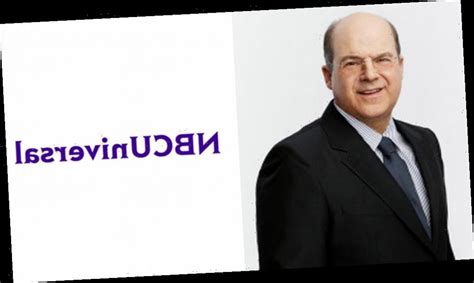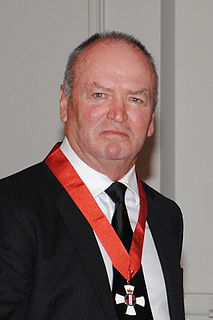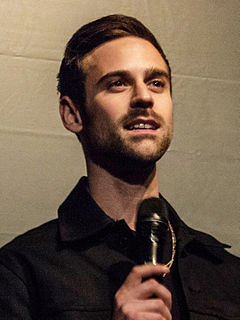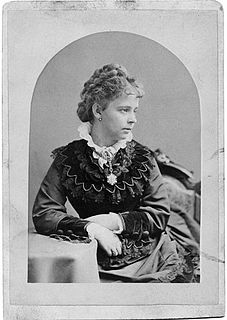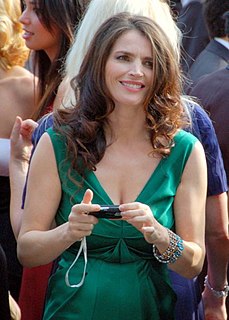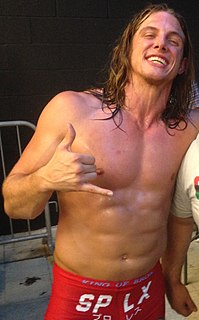A Quote by Jeff Wachtel
Related Quotes
The story you envision as you start out is always a great story; when the facts turn out to be different from, or more complex than, what you expected, your first reaction is always disappointment. That's when you must fight the urge to bend the story to your preconceived notions. First, it's dishonest. And second, in the end, the truth is always the best story.
What drew me to Batman in the first place was Bruce Wayne's story, and that he's a real character whose story begins in childhood. He's not a fully formed character like James Bond, so what we're doing is following the journey of this guy from a child who goes through this horrible experience of becoming this extraordinary character. That, for me, became a three-part story. And obviously the third part becomes the ending of the guy's story.
I bring up 'The Heist,' and you can almost cut that record down the middle between songs where the beat came first and the words came second, and songs where the words came first and the beat came second. It can start with a vibe, a beat that drives a story, or it can start with a story and then trying to identify the tone to tell that story right.
If the point of life is the same as the point of a story, the point of life is character transformation. If I got any comfort as I set out on my first story, it was that in nearly every story, the protagonist is transformed. He's a jerk at the beginning and nice at the end, or a coward at the beginning and brave at the end. If the character doesn't change, the story hasn't happened yet. And if story is derived from real life, if story is just condensed version of life then life itself may be designed to change us so that we evolve from one kind of person to another.
By the year 1670, wooden chimneys and log houses of the Plymouth and Bay colonies were replaced by more sightly houses of two stories, which were frequently built with the second story jutting out a foot or two over the first, and sometimes with the attic story still further extending over the second story.
There is first the literature of knowledge, and secondly, the literature of power. The function of the first is--to teach; the function of the second is--to move, the first is a rudder, the second an oar or a sail. The first speaks to the mere discursive understanding; the second speaks ultimately, it may happen, to the higher understanding or reason, but always through affections of pleasure and sympathy.
Whatever character you play, whatever film it is, whatever story it is, for me, in my training it's always something that gives you a layered character, it's understanding the secret of that character, and so whatever comes up as "Oh, I thought that person was that," you are always carrying that within you. So actually what you're playing all the way through is both and it's just what comes out in the scene or the circumstance.
